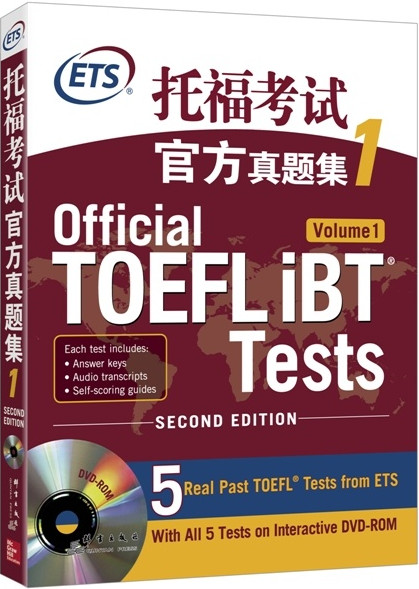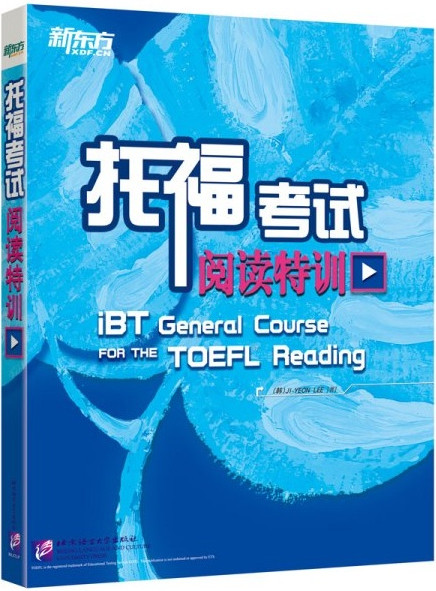it+be+形容词/分词+动词不定式可以和下列表示人物感情或反应的形容词及分词连用:agreeable(适意的),awful*(糟糕的), delightful*(令人愉快的),disagreeable(令人不愉快的),dreadful*(可怕的),good*/nice*(=pleasant好的),horrible*(可怕的),lovely*(可爱的),marvellous*(奇妙的),splendid*(极好的),strange*(奇怪的),terrible*(可怕的),wonderful*(精彩的)。
还可用下列动词的现在分词形式:alarm*(使惊慌),amaze* (使惊奇),amuse*(使感到好玩),annoy*(使烦躁),astonish*(使惊讶),bewilder(使困惑),bore(使厌烦),depress*(使感到压抑),disappoint*(使失望),discourage*(使沮丧),dis-gust*(使感厌恶),embarrass(使窘迫),encourage*(鼓励),excite(使激动), frighten(惊恐), horrify*(使恐惧), interest*(使感兴趣), surprise*(使惊讶), terrify(使恐怖), upset(使心绪烦乱)。
名词fun(使人高兴的经历)和a relief(宽心的事)可与上述词同样用:
It’s awful to be alone in such a place.
独自呆在这种地方是够可怕的。
It’s boring to do the same thing everyday.
每天干同一种工作是挺烦人的。
It was depressing to find the house empty.
发现屋里没人,令人心里很郁闷。
It would be fun/exciting/interesting to canoe down the river.
划小艇顺河而下是很好玩的/令人兴奋的/有趣的。
It was a relief to take off our wet boots.
脱掉我们的湿靴子是个解脱。
在lovely(可爱的),interesting(有趣的),marvellous(极妙的),nice(好的),wonderful(精彩的)等词之后加上for+宾语结构是常见的,for+宾语结构也可用在其他形容词之后:
It’s interesting(for children) to see a house being built.
(孩子们)看造房子是挺有趣的事。
- 06-13·2018年托福语法易错题30道
- 06-08·2018年托福语法练习题(13篇)
- 06-08·2018年托福语法练习题(13)
- 06-08·2018年托福语法练习题(12)
- 06-07·2018年托福语法练习题(11)
- 06-132018年托福语法易错题30道
- 06-082018年托福语法练习题(13篇)
- 05-312018年托福语法高分要点介绍
- 05-122018年托福语法练习题(2)
- 05-122018年托福语法练习题(1)
编辑推荐
- 模拟试题
- 历年真题





